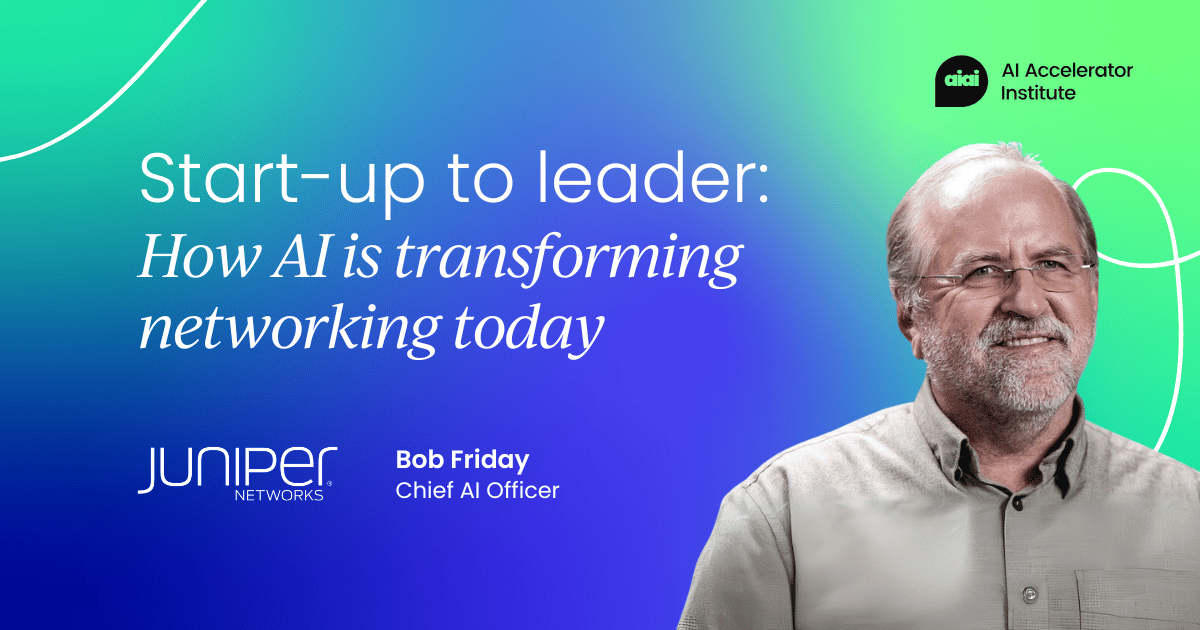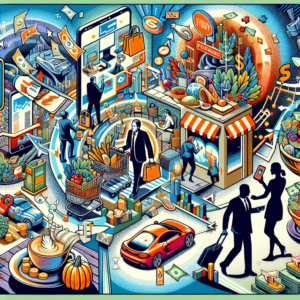Sure! Here’s the translation into American English:
—
In recent decades, we have witnessed the transformative impact that technologies have had on our lives. From the advent of computers in the 1980s to the popularization of Wi-Fi, each advancement has revolutionized the way we work and communicate. In this context, artificial intelligence (AI) has shifted from being an abstract concept to becoming a crucial tool in the business environment.
In early 2014, when I co-founded Mist Systems, many of our clients viewed AI more as a curiosity than a valuable tool. Even investors considered its implementation in businesses to be risky. However, today the conversation has changed radically. Artificial intelligence has evolved from a research experiment to an essential component in networking and various economic sectors.
Nowadays, when asking clients about their experience with AI, most report a transition from curiosity to active adoption. Although some doubts about the differentiation between genuine AI and what is referred to as “advanced mathematics” persist, there is a consensus: the inclusion of AI in networks leads to a decrease in the number of incidents and a notable improvement in user satisfaction.
Concrete examples support this impact. At Dartmouth College, a connection issue on Zoom, which initially seemed to be related to the provost’s office, was resolved thanks to AI-driven analytics that identified interferences from students in nearby areas. Similarly, at the ServiceNow office in India, a configuration error in a VPN gateway that affected Zoom’s performance was detected by solutions that conventional techniques would have overlooked.
The influence of AI is not limited to networking; its reach spans various industries. In the healthcare sector, doctors have tools that optimize note-taking, allowing them to spend more time with patients. In education, AI helps students select better courses and acts as an assistant in massive classes. In agriculture, it is used to identify and treat weeds with minimal pesticide use. Furthermore, companies like Waymo are demonstrating that autonomous vehicles are already a tangible reality.
With these transformations, artificial intelligence has established itself as a fundamental tool that is no longer limited to being an experiment but is an integral part of our daily lives, especially in the realm of connectivity and networking. Looking ahead, AI promises to continue having a positive impact across different spheres of society, benefiting both businesses and consumers.
—
Let me know if you need anything else!
Source: MiMub in Spanish











